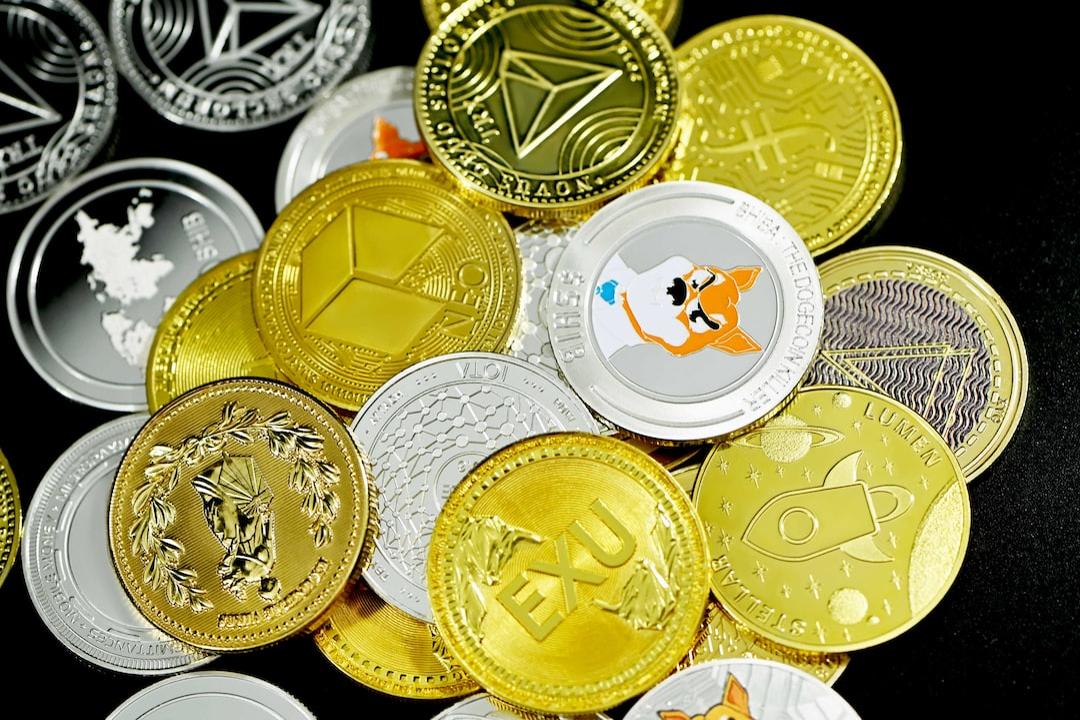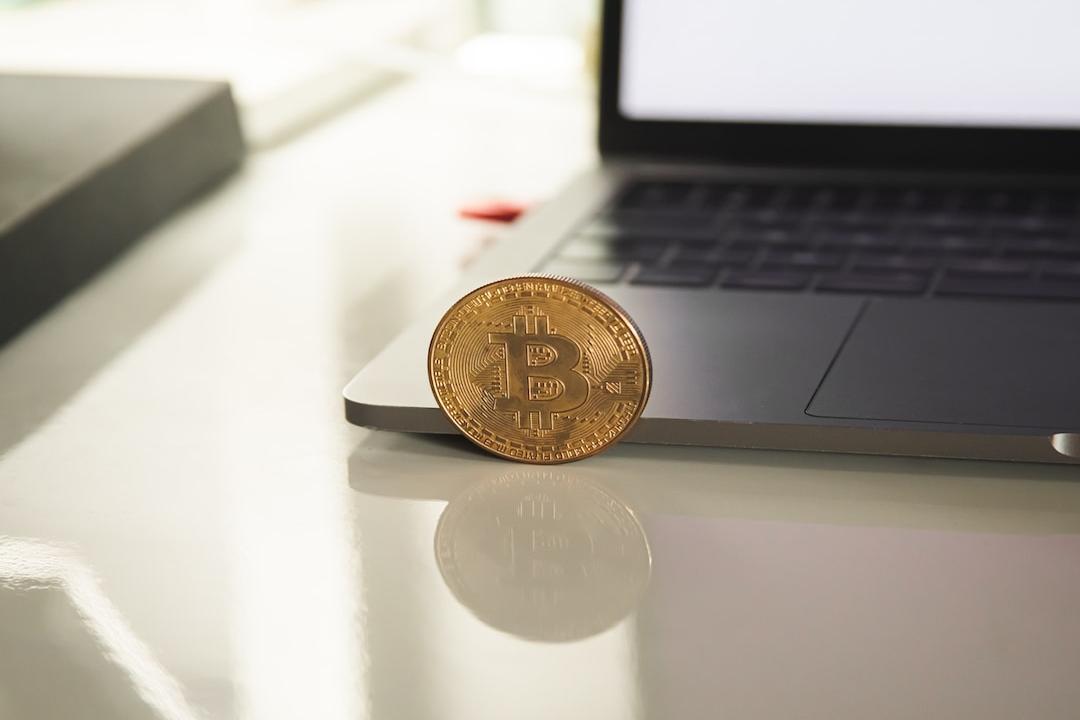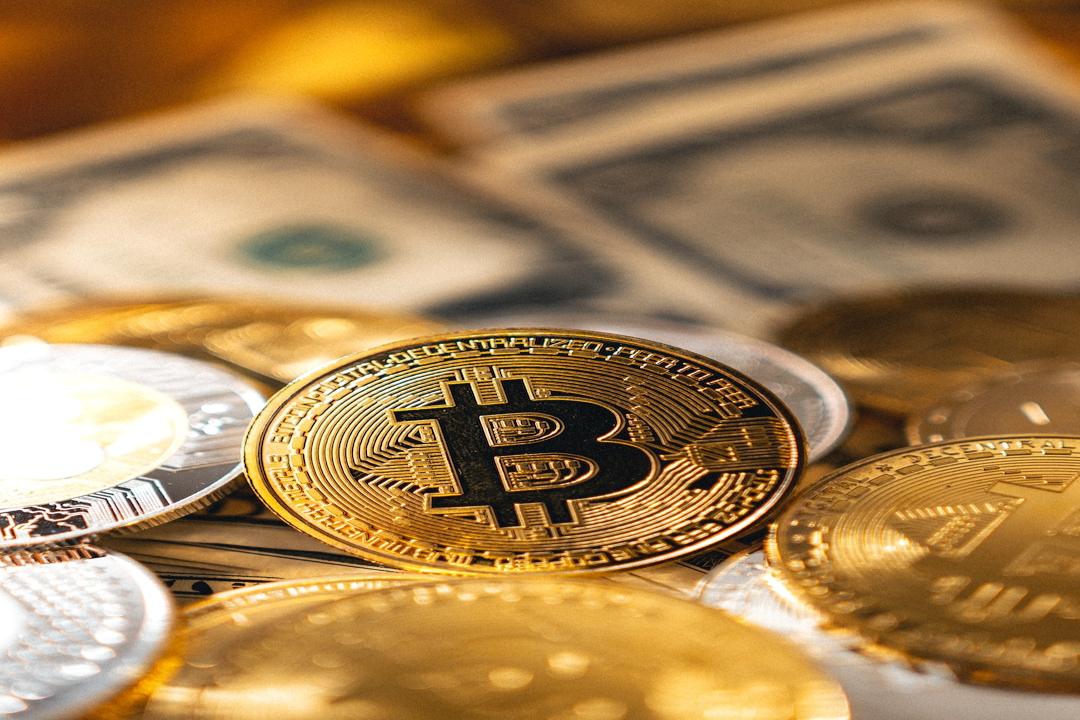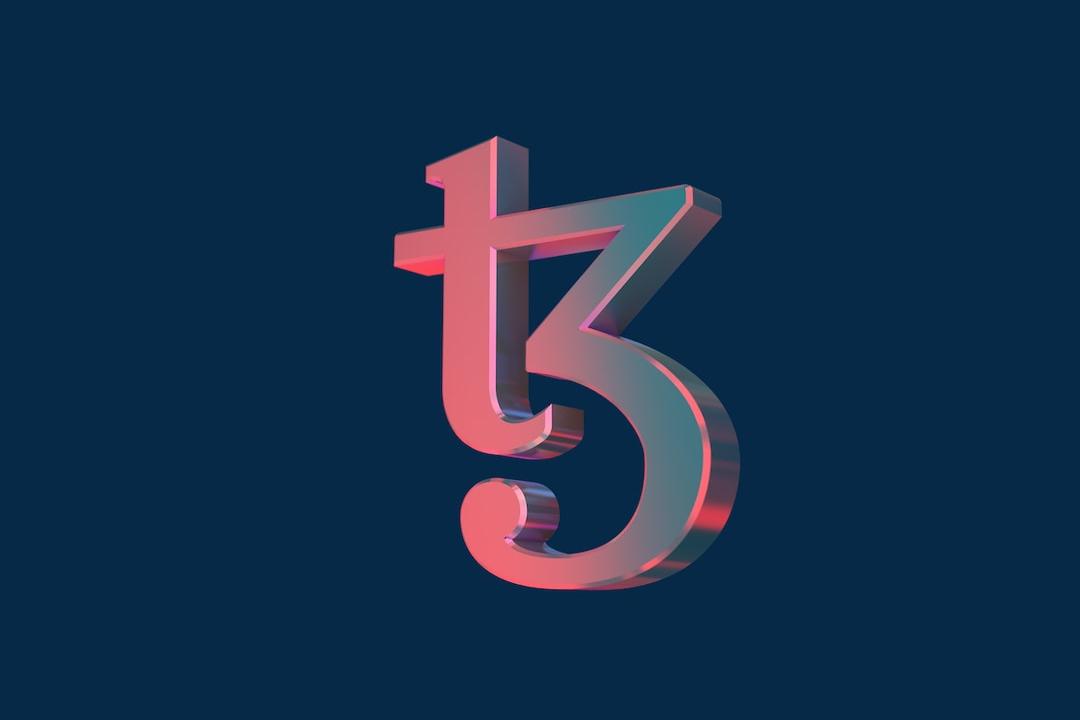Tokenized Stocks Are Technically Feasible, But Face Challenges in Compliance, Asset Custody, and Market Acceptance.
(Background: Kraken Launches Tokenized Stock Market “xStocks”: 24/7 Trading of US Stocks and ETFs, Deployed on the Solana Chain)
(Context: Satoshi Nakamoto’s Wealth Exceeds Bill Gates, Making Him the 16th Richest Person in the World, Does Kraken Secretly Hold Bitcoin’s Creator’s KYC Data?)
On May 22, the all-crypto exchange Kraken announced a collaboration with Backed Finance to launch a tokenized stock and ETF trading service named “xStocks,” covering over 50 American-listed stocks and ETFs, including Apple, Tesla, and NVIDIA. In recent years, the integration of blockchain technology with traditional finance has accelerated, with cryptocurrency exchanges becoming pioneers of this transformation. The previous movements to tokenize US dollars and government bonds are now being pushed by exchanges toward US stocks.
Strategic Expansion
Founded in 2011, Kraken is one of the oldest cryptocurrency exchanges globally, known for its security and compliance. In recent years, as competition in the crypto market has intensified, Kraken has been continuously expanding its business boundaries. In 2024, Kraken acquired the futures trading platform NinjaTrader and launched traditional trading services for over 11,000 types of US stocks and ETFs in certain states of the United States.
Tokenized stocks refer to the conversion of the rights of traditional stocks or ETFs into digital tokens through blockchain technology, with each token representing a fractional ownership of the underlying asset. These tokens can be traded 24/7 on the blockchain, breaking through the time and geographical limitations of traditional stock markets. Kraken’s xStocks is based on the Solana chain and plans to open to non-US customers, covering markets in Europe, Latin America, Africa, and Asia. Backed Finance is responsible for acquiring and custodizing the underlying stocks, ensuring that each token is pegged 1:1 to the real asset, allowing holders to redeem the cash value of the tokens at any time.

This initiative is not an isolated incident. In 2025, global crypto exchanges are accelerating their penetration into traditional finance. For example, Bybit recently announced support for USDT trading of 78 global quality stock assets, covering tech giants (such as Microsoft, Google), consumer goods companies (such as Coca-Cola), and energy companies (such as ExxonMobil). Users can trade using the stablecoin USDT, enjoying the advantages of low thresholds and high liquidity. Industry trends indicate that tokenized assets are becoming a bridge between crypto exchanges and traditional finance.
FTX and Binance’s History of Tokenized US Stocks
The concept of tokenized stocks is not new; as early as around 2020, cryptocurrency exchanges began to test this field, with FTX and Binance being the most representative practices. FTX, established in 2019, was once the third-largest cryptocurrency exchange in the world, known for its innovative products. In 2020, FTX launched tokenized stock trading, allowing users to trade digital tokens of US stocks such as Tesla and Apple through its platform. These tokens were provided by FTX’s Swiss subsidiary Canco GmbH and were linked to real stocks held by third-party brokers. FTX’s tokenized stocks supported fractional trading, allowing users to purchase partial shares for as little as $1, significantly lowering the investment threshold. Additionally, FTX also attempted to tokenize ETFs, such as the SPDR S&P 500 ETF (SPY).
However, FTX’s tokenized stock business was limited due to compliance issues and market volatility. In November 2022, FTX filed for bankruptcy due to mismanagement of funds and fraud scandals, and its tokenized stock business was subsequently terminated. Nevertheless, FTX’s attempts demonstrated the market demand for tokenized stocks, particularly among emerging markets and younger investor groups.
In 2021, Binance also launched tokenized stock trading, initially including stocks such as Coinbase and Tesla. These tokens were settled in Binance’s stablecoin BUSD and supported fractional trading, aiming to provide a convenient channel for global users to invest in US stocks. However, Binance’s tokenized stock business soon faced regulatory resistance. Financial regulators in multiple countries questioned its compliance, arguing that tokenized stocks might bypass regulatory frameworks of traditional securities markets. In the same year, Binance announced the termination of this business and shifted its focus to core cryptocurrency trading.
The experiences of FTX and Binance indicate that while tokenized stocks are technically feasible, they face challenges in compliance, asset custody, and market acceptance. Kraken’s launch of xStocks evidently draws lessons from previous experiences, emphasizing collaboration with regulators and ensuring asset transparency and security through Backed Finance.
Why Exchanges Are Keen on Tokenized Stocks
Cryptocurrency exchanges are actively positioning themselves in tokenized stocks, driven by technological advancements as well as market and strategic considerations. According to data from April 2025, the total market capitalization of US stocks is approximately $52 trillion, accounting for over 45% of the global stock market. Such a massive market share compels exchanges to expand their user base and capture traditional financial markets. The user demographic of cryptocurrency exchanges tends to be younger and more risk-tolerant, but the scale of traditional financial markets far exceeds that of the crypto market. Tokenized stocks provide exchanges with an entry point into traditional finance, attracting traditional investors interested in stocks and ETFs. For example, Kraken’s xStocks targets non-US customers, precisely positioning itself to meet the strong demand for US stocks among investors in emerging markets who are limited by traditional channels.

Moreover, the core advantages of blockchain technology lie in decentralization, transparency, and efficiency. Tokenized stocks leverage blockchain to enable 24/7 trading, instant settlement, and low-cost operations, addressing issues such as limited trading hours and high intermediary fees in traditional stock markets. Furthermore, blockchain supports fractional trading, allowing small investors to participate in high-value asset investments, thereby enhancing financial inclusivity.
In the context of intensified competition among cryptocurrency exchanges, tokenized stocks have become a powerful tool for differentiated competition. Kraken’s xStocks not only offers trading functionality but also allows users to use tokens as collateral for DeFi protocols, enhancing the liquidity and application scenarios of the assets. This cross-industry integration provides users with more diversified investment options and reinforces the ecological stickiness of the exchanges.
Impact on Traditional Stock Exchanges

Kraken and other exchanges’ tokenized stock businesses pose certain challenges to traditional stock exchanges (such as NASDAQ and NYSE) while also bringing opportunities for collaboration and transformation. Traditional stock exchanges typically restrict trading hours to specific periods on weekdays, and cross-border investments involve high fees and lengthy settlement cycles. The 24/7 trading and instant settlement features of tokenized stocks directly challenge the operational models of traditional exchanges. Especially in emerging markets, investors may prefer to obtain US stock positions through crypto exchanges rather than traditional brokers.
In response to the impact of blockchain technology, traditional exchanges are not without countermeasures. Institutions like NASDAQ have begun exploring the application of blockchain in securities settlement and clearing. For example, NASDAQ has partnered with R3 to develop an asset management platform based on the Corda blockchain. In the future, traditional exchanges may collaborate with crypto exchanges to launch their own tokenized products or provide more efficient trading services through technological upgrades.
The rise of tokenized stocks has prompted regulators to re-examine the compliance framework for blockchain finance. This provides traditional exchanges with opportunities to collaborate with regulators to establish industry standards, maintaining market fairness and stability. For instance, the recent enforcement actions by the US SEC against crypto exchanges have become more lenient, indicating the regulatory body’s openness to innovations in blockchain technology.
Conclusion
Kraken’s xStocks, Bybit’s USDT stock trading, as well as the early attempts by FTX and Binance, collectively outline the evolution trajectory of tokenized stocks. This trend is not only a product of the integration of blockchain technology with traditional finance but also a reflection of the diversification and technology-driven nature of global investment demand. For investors, tokenized stocks offer a more flexible and low-cost asset allocation method; for exchanges, they serve as strategic weapons for market capture and differentiated competition; for traditional stock exchanges, they present both challenges and opportunities for technological upgrades and market expansion.
However, the widespread adoption of tokenized stocks still faces multiple challenges in compliance, technology, and market education. Exchanges like Kraken need to find a balance between innovation and regulation, ensuring asset safety and user trust. In the future, as blockchain technology matures and the regulatory environment clarifies, tokenized stocks are expected to become an important component of the global financial market.



